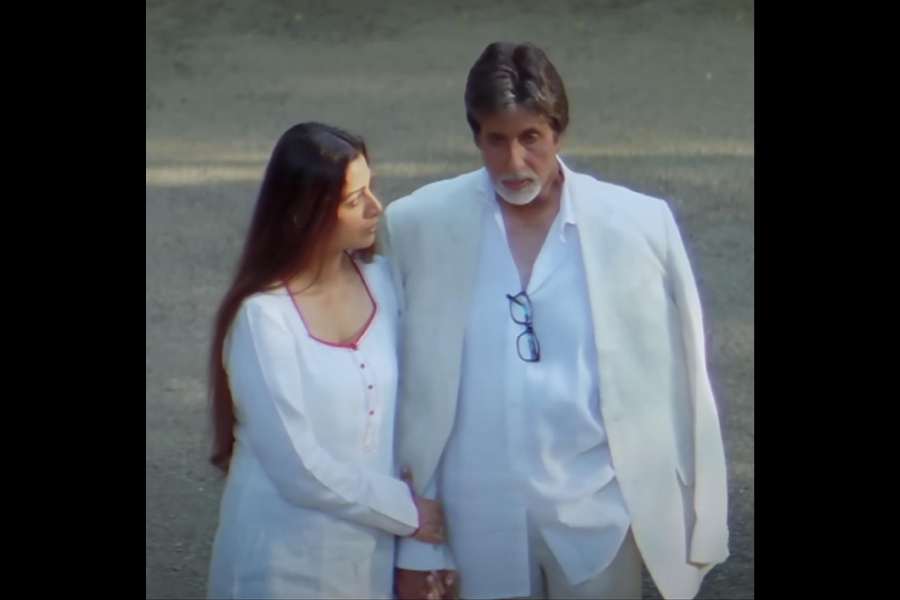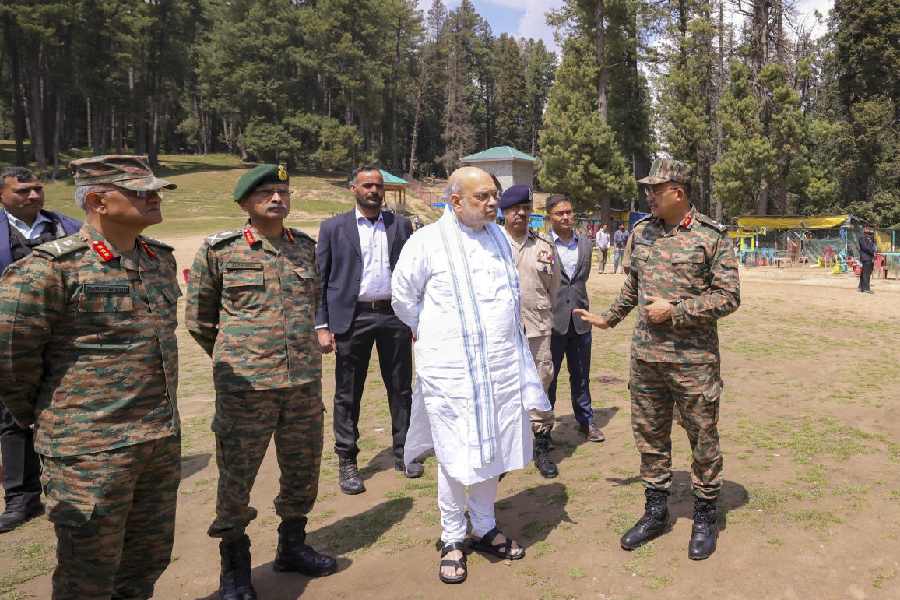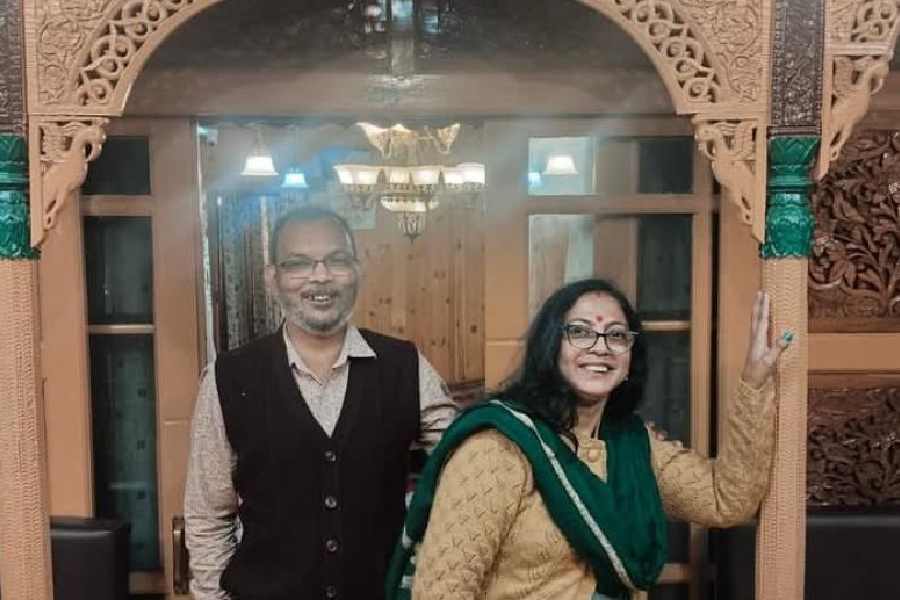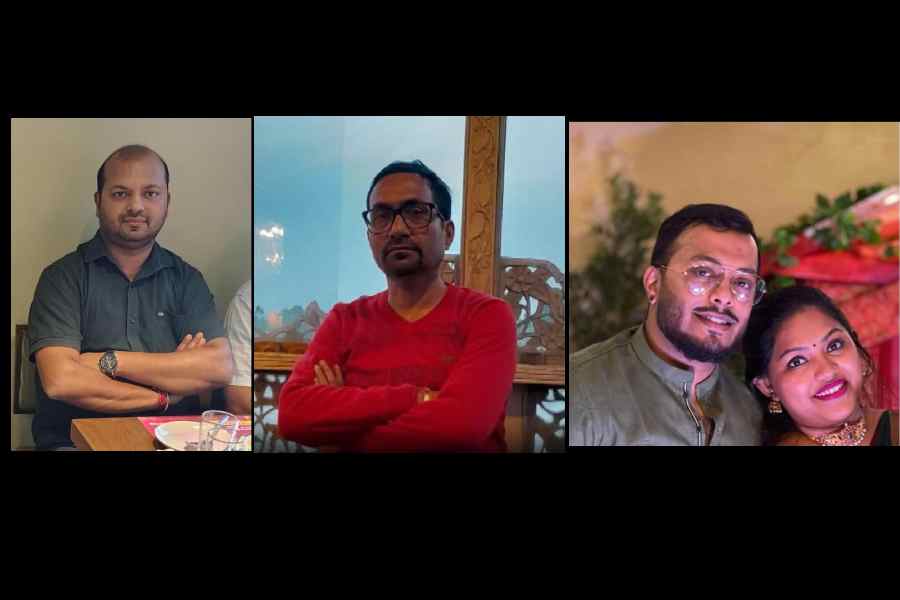A 70-year-old man who anticipates erectile dysfunction goes on a trip to Thailand in the hope of sexual intimacy one last time. This is the one-line plot of a 2022 Hindi film, Thai Massage, exploring an unconventional theme. Even widely-recognised films that centre on elderly romance have mostly overlooked the aspect of desire, reducing it to a matter of shame. The filmmakers either avoid any reference to elderly desire or strategically conceal the scenes of sexual intimacy according to the norms and the sensitivities surrounding old age. This reveals a reluctance to acknowledge the need for desire in late life in a country where old age is perceived as a period of renunciation.
In early Indian cinema, older parents were limited to one-dimensional roles of a loving father or a selfless mother. Though portrayed as a perfect couple in love, as in Kabhie Khushi Kabhie Gham or Baghban, elderly intimacy finds no place in the narrative. Interestingly, in the last two decades, there has been a surge in the number of films featuring older adults in lead roles in tandem with the growing proportion of the ageing population — Cheeni Kum, Piku, 102 Not Out, Rajma Chawal, Sharmaji Namkeen, Uunchai, and Vijay 69. These films revolve around elderly male characters who grapple with the complexities of old age, particularly loneliness. They are single or widowed men who await companionship, which explains their enthusiastic interactions with other female characters. The undertone of desire or sexual attraction is, however, carefully skipped. One can spot similar instances in films like Life in a... Metro, Finding Fanny, and Listen... Amaya, though the plot does not primarily focus on the older adults. These films talk about rekindling lost love in old age, embodying the philosophy that it is never too late to embrace a new beginning. However, the characters refuse to transgress the boundaries of sexuality and the familial roles assigned to them, reflecting the Indian sensibilities rooted in varnashrama dharma. Though India has a cultural history that considers kama as a necessary feeling, the impact of westernisation and initiatives like family planning have reshaped societal norms. This new socio-cultural matrix often suppresses the expression of libido in old age which is reflected in cinema as well. Badhaai Ho marks a change in this mediation of desire in old age. Yet, while the parents’ physical relationship gets only a
metaphorical treatment, the film explicitly captures their son’s sexual life, denying them the same complexity and humanity.
Within these films, the asexualisation in old age affects women more when compared to men. Burdened with the taboos of menopause, older women often find their thoughts of pleasure deemed inappropriate. Even if a woman admits her desire or performs it, she is mocked and rejected. Santho Verma in Haseena Maan Jaayegi,
Ms Braganza in Kuch Kuch Hota Hai and Jaswinder Kapoor in Kal Ho Naa Ho are popular examples of middle-aged women ridiculed for their unapologetic expressions of sexual interest. A film like Lipstick Under My Burkha is revolutionary in this respect as it presents Buaji, a widowed senior citizen, yearning for desire. A similar character is Shamshu, a widowed mother, in Darlings, who impulsively reciprocates the love and attraction for a younger man. Significantly, such characters are portrayed as flawed or are attributed negative traits to satisfy the conscience of the audience.
There has been considerable progress in the Indian film industry in the portrayal of the desires of older adults. Short films like Khulji, which challenges stereotypes and broadens the narrative scope to include the full spectrum of human relationships and emotions regardless of age, are perhaps the need of the hour.
Geethu Thomas is a research scholar in the Department of English and Cultural Studies at Christ (Deemed to be University), Bengaluru










